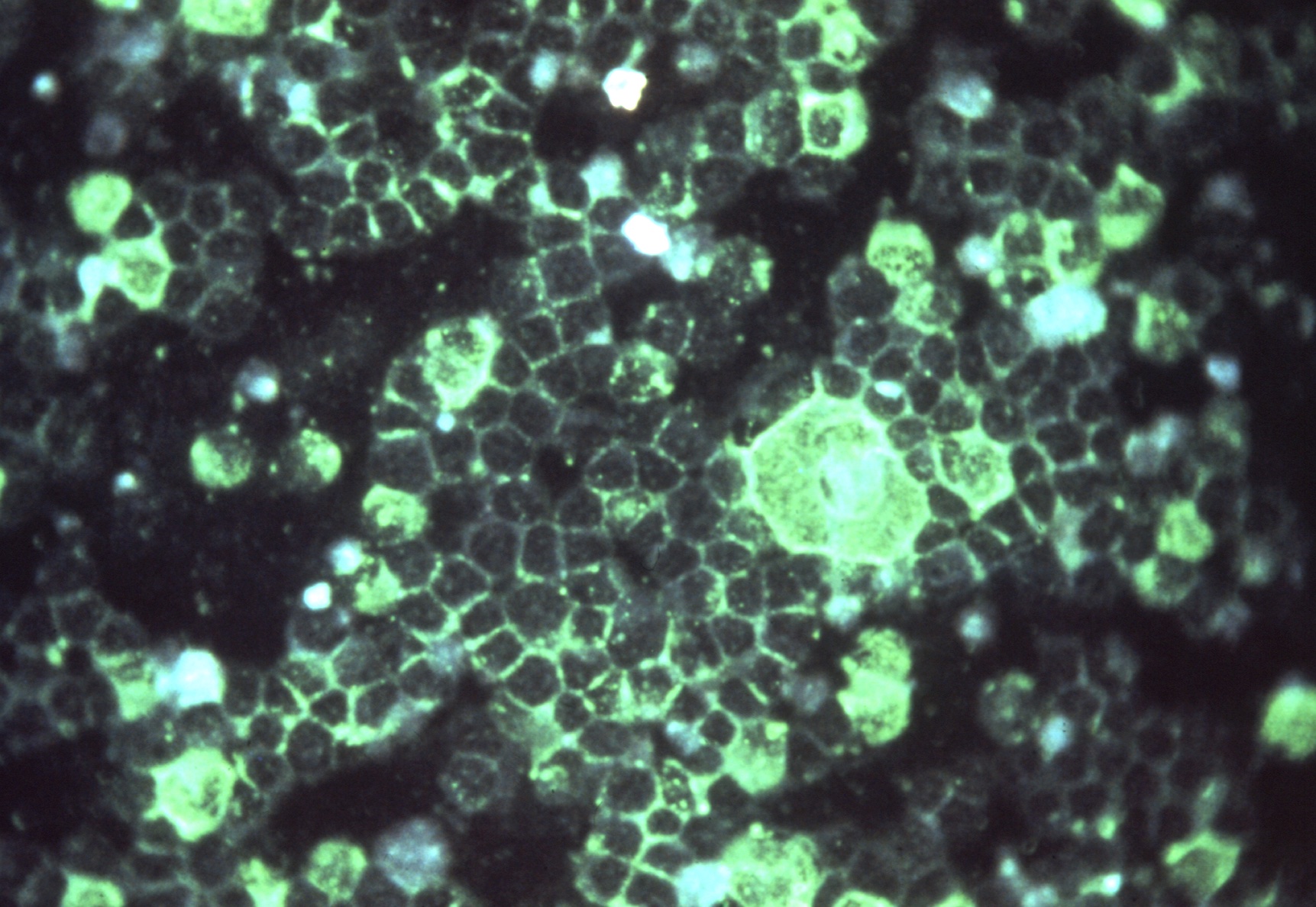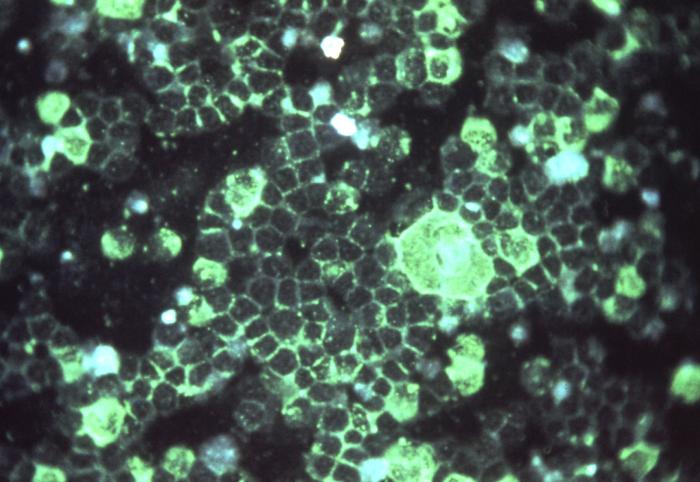WASHINGTON (November 7, 2023) - The U.S. Centers for Disease Control and Prevention (CDC) recently endorsed nirsevimab, an innovative antibody drug designed to fortify the immune response in infants susceptible to severe respiratory syncytial virus (RSV) disease. RSV, a major cause of hospitalizations among infants, is experiencing a surge in cases nationwide, highlighting an urgent need for effective prevention. Unlike a vaccine, nirsevimab functions by boosting immunity akin to vaccines but via a distinct mechanism, providing crucial protection. However, amidst the rising cases, the CDC has noted a concerning shortage of nirsevimab supply nationwide.
In a thought-provoking editorial published today, Tony Yang, Endowed Professor in Health Policy and Associate Dean for Health Policy and Population Science at the George Washington University School of Nursing, and his co-author Dr. Sarah Schaffer DeRoo of Children's National Hospital dissect the intricacies of nirsevimab's rollout. They pinpoint four core challenges that, if addressed innovatively, can pave the way for an equitable and effective distribution.
- Logistical Challenges – Amidst the bustling fall season, pediatric clinics and pharmacists navigate back-to-school check-ups and vaccine administration. Diverse state laws further complicate nirsevimab's deployment. The authors propose that local and state health departments collaborate to streamline processes and keep healthcare providers abreast of nirsevimab's administration nuances.
- Financial Challenges – Priced at $495 per dose, nirsevimab is covered by the federal Vaccines for Children program, albeit not universally. Certain practices await reimbursement before stocking adequately. The authors advocate for strengthened communication and collaboration between insurers and healthcare providers, ensuring nirsevimab's accessibility irrespective of financial constraints.
- Impact on American Indian or Alaska Native Populations– Coinciding with Native American Heritage Month in November, this article is especially relevant. The authors underscore the increased vulnerability of American Indian or Alaska Native children, attributing it to various social determinants of health. They advocate for proactive engagement by local health departments with remote communities, emphasizing the importance of crafting tailored strategies to ensure equitable access and steadfastly committing to the inclusion of all demographics.
- Communication – Reflecting on the Covid-19 pandemic, the authors underscore the pivotal role of transparent and consistent communication in fostering community support for RSV prevention. Effective communication strategies should demystify nirsevimab, alleviating concerns and fostering trust.
The editorial, titled “Equitable Access to RSV Prevention: Challenges and Opportunities With Nirsevimab’s Rollout,” is featured in the Journal of Public Health Management & Practice. For insights or interviews with Prof. Yang, please contact GW Senior Media Relations Specialist, Cate Douglass at cdouglass gwu [dot] edu (cdouglass[at]gwu[dot]edu).
gwu [dot] edu (cdouglass[at]gwu[dot]edu).
-GW-




